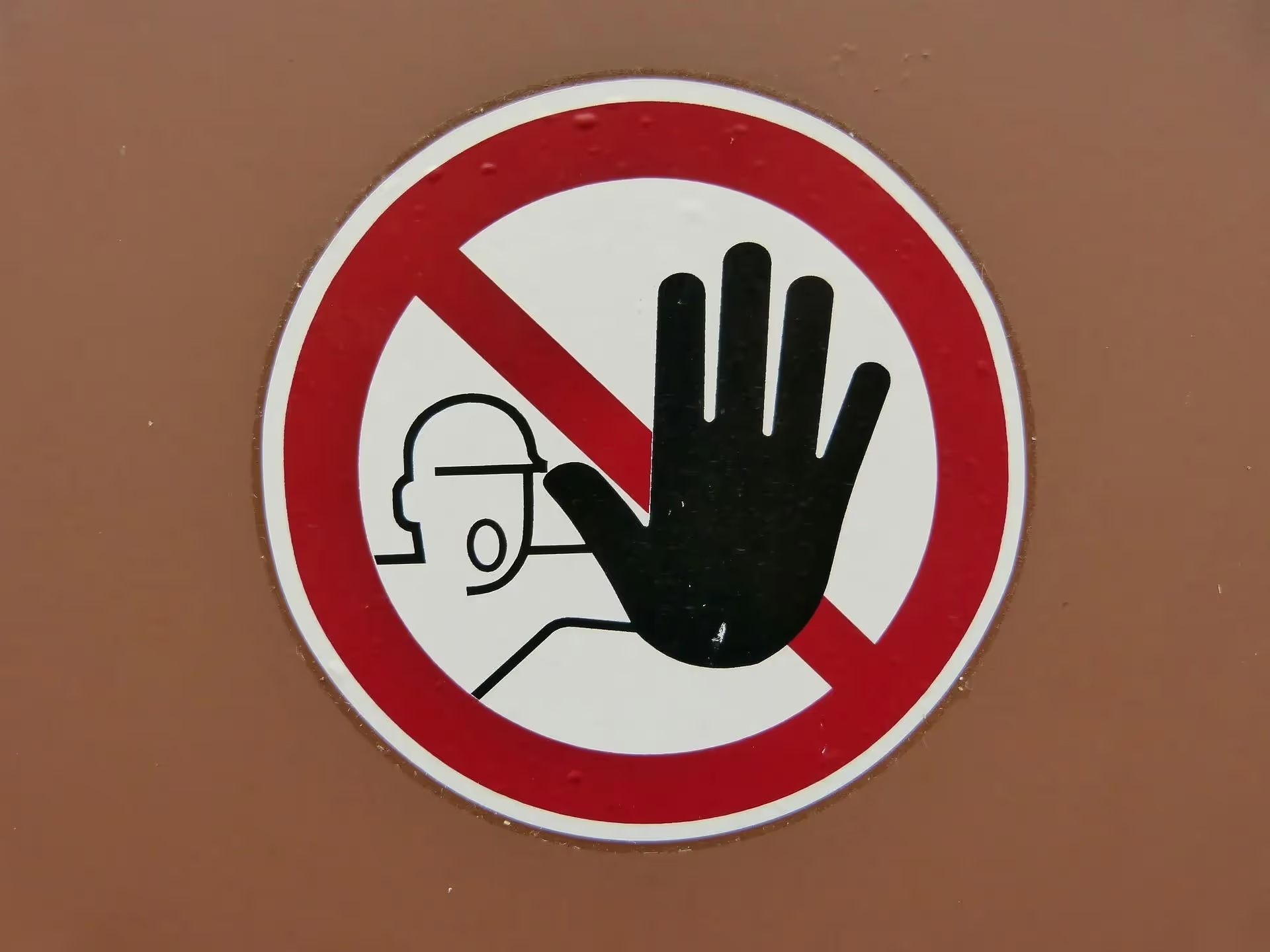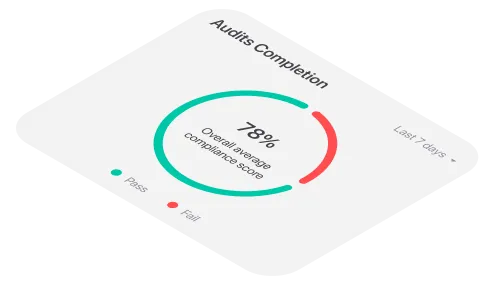Your business needs to be prepared for any potential crises that could impact operations. As exemplified in recent years, any number of events can affect your business’s ability to function. How will your company handle unexpected crises?
Having an answer to this question is the goal of a crisis management plan. Creating one of these critical plans gives your business a chance to minimize or entirely reduce the impact of crises on your business.
Approximately 70% of business leaders have experienced one business-impacting crisis within the past five years showing that no business or industry is immune from a situation that halts or reduces operations.
Crises will undoubtedly still happen, but a crisis management plan helps your business see them coming, have an action plan for when the crisis is happening, and dictate how to analyze the situation afterward. We’ll be covering all of this in today’s post. Let’s get started.
What is crisis management, and why is it valuable?
Perceiving and mitigating threats with predetermined processes is the ultimate goal of a crisis management plan. Creating such a critical plan requires research, analysis, and direct action. Decisions will need to be made rapidly during a crisis, and an effective crisis management plan will prepare decision-makers for these situations.
The inherent challenge of creating a crisis management plan is expecting the unexpected. Some companies likely had plans to address a global pandemic, but the vast majority of businesses were entirely unprepared. The perfect crisis management plan would’ve seen a pandemic coming, analyzed relevant data about business impact, and have a pre-made process to overcome the challenge.
That’s the power of a crisis management plan: your business will navigate crises that would otherwise significantly impact operations. While your company is operating with minimal impact, your less-prepared competitors will be scrambling.
Crisis management begins by understanding types of crises
Crises come in many different forms, and all of them can impact your business. Most of the crises that might affect your business will also impact other industries and companies as well. It is essential to perceive threats and further understand how they may impact their specific business.
Three are three major categories that encompass most crises. Having strategies for each significant type is a great place to start drafting a crisis management plan.
Natural disasters
Many disasters that can severely impact businesses are simply forces of nature, sometimes known as “acts of God.” Earthquakes, wildfires, and even pandemics are common natural disasters that can severely impact your business operations.

Nobody is to blame for these crises occurring, but anticipating and reacting to them is entirely possible. For example, if you’re in an area known for wildfires, your business will need a robust crisis management plan with specific processes for evacuating.
Anticipate natural disasters occurring and create comprehensive processes for minimizing their impact or business operations. The team in charge of crisis management will also need to have a system to monitor conditions that could lead to a crisis, such as having an alert system for tornados.
Financial crises
Capital operates your business, but what happens when the money dries up? External factors can often cause this, such as an economic downturn. Of course, plenty of internal crises can occur that can significantly impact capital and revenue.
A thorough crisis management plan will also discuss how to handle financial issues that your business may, and likely will, encounter. The plan should include processes for raising more capital, such as a cash infusion or economic restructuring, along with analyzing exactly what caused the crisis.
Human misconduct
Money and nature aren’t the only cause of crises that can cause severe damage to your business - human misconduct can be devastating. It doesn’t take very many people with malicious intent to create a severe problem for your organization.
Criminals, hackers, and corporate spies can all cause problems for your business. Your crisis management plan must understand how to prevent the amount of damage caused by potential misconduct.

Is your business prepared with a crisis management plan?
Every crisis imaginable has the potential to occur and impact your business. The goal of a crisis management plan is to understand which situations are likely to occur that could potentially cause severe harm to your business operations.
Crafting a comprehensive program that allows your company to navigate a significant crisis is well worth the investment. Having access to your business’s health and safety data is essential for creating informed processes and procedures.
monitorQA is an inspection and audit platform that serves as a valuable tool to help your team monitor and analyze internal safety data. Book a demo with one of our safety specialists today to see how our platform can help you unlock meaningful safety insights at your company.

















